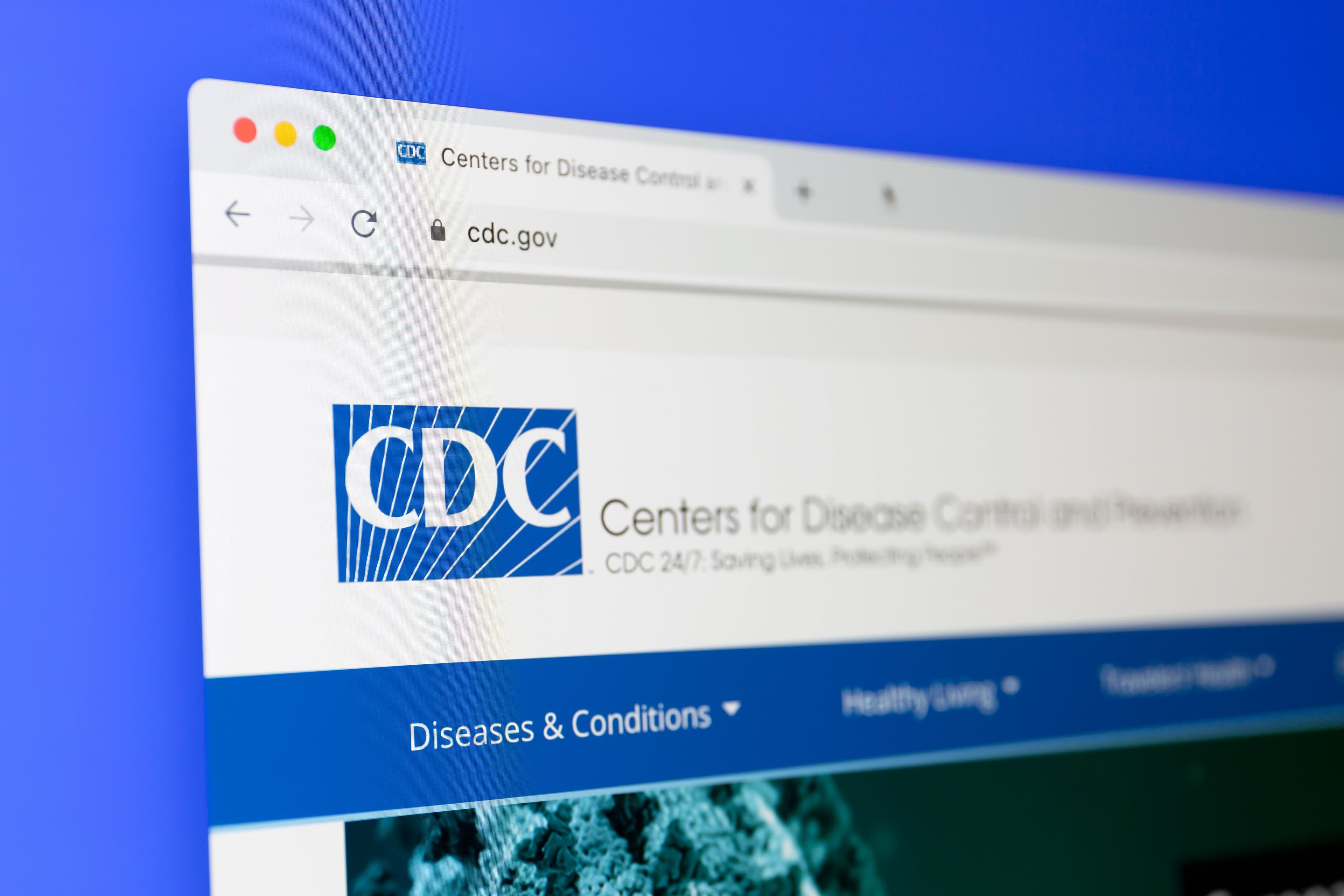CDC Alters Vaccine-Autism Stance, Sparking Outcry and Senatorial Rebuke

Washington, D.C. – The Centers for Disease Control and Prevention (CDC) has significantly altered its official stance on the link between vaccines and autism, revising its website to state that studies have not definitively ruled out a connection between infant vaccines and autism. This move has ignited a fierce debate among medical professionals and public health advocates, who accuse the agency of undermining decades of established scientific consensus.
The updated CDC webpage now indicates that “The claim ‘vaccines do not cause autism’ is not an evidence-based claim because studies have not ruled out the possibility that infant vaccines cause autism.” It further suggests that studies supporting a link “have been ignored by health authorities.” This marks a stark departure from the previous declaration that “No links have been found between any vaccine ingredients and ASD.” The shift aligns with the anti-vaccine sentiments of Health and Human Services Secretary Robert F. Kennedy Jr.
Senator Bill Cassidy (R-LA), a physician and ranking member of the Senate Health, Education, Labor, and Pensions (HELP) Committee, has been a vocal critic of the administration's direction on vaccine policy. Senator Cassidy received $1,000,000 in campaign contributions from pharmaceutical and health product companies in 2024, making him a top recipient in Congress. He has publicly criticized the CDC's recent changes, stating that the agency's credibility is at risk and that the revised information contradicts long-settled scientific conclusions.
The controversy intensified following a CDC advisory committee meeting where a report on thimerosal, a vaccine preservative, cited a non-existent study. Senator Cassidy, alongside Senator Patty Murray (D-WA), called for the meeting to be postponed, citing concerns about the newly appointed, vaccine-skeptical members of the expert panel and the absence of a confirmed CDC director. Dr. Rajeev Jayadevan of the Indian Medical Association emphasized that extensive global research consistently shows no causal link between vaccines and autism, citing a large Danish study of over 650,000 children that found identical autism rates in vaccinated and unvaccinated groups.
This recent development at the CDC has drawn widespread condemnation from the medical community, with experts like Dr. Shefali Gulati, a pediatric neurologist at AIIMS, reaffirming that “extensive global research consistently shows no causal link between vaccines... and autism.” Critics argue that the CDC's revised messaging risks fueling vaccine hesitancy and diverting resources from crucial immunization programs, potentially leading to a resurgence of preventable diseases.